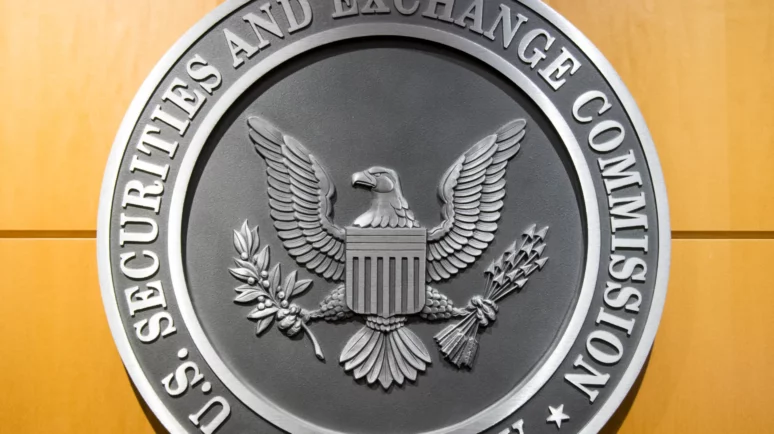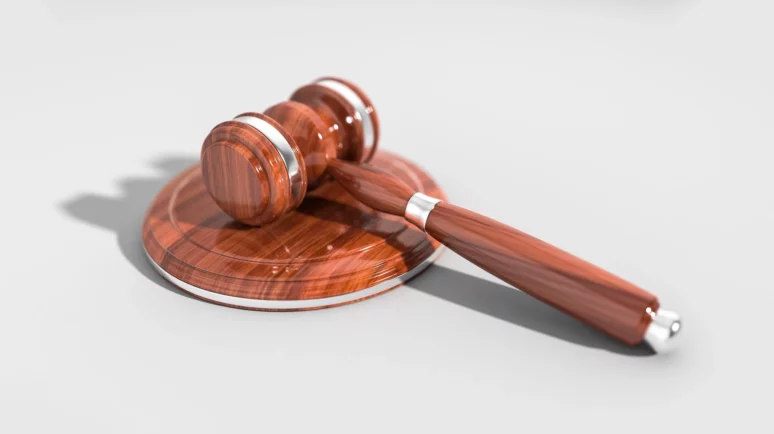Tron Says SEC Has “No Global Jurisdiction” as TRX Court Case Heats Up

The Tron Foundation is contending to have its lawsuit dismissed. (Photo by Steven Ferdman/Getty Images)
- The Tron Foundation is seeking to dismiss the SEC’s lawsuit, arguing that the regulator is not a global force.
- Tron highlights the SEC does not “allege a single victim” despite allegations of fraud, wash trading, and others.
- The SEC may be biding its time to establish legal precedent before finalizing any ongoing lawsuits.
The Tron Foundation is seeking to dismiss a lawsuit that the United States Securities and Exchange Commission (SEC) filed against it. The foundation says the regulator is overreaching its jurisdiction.
The motion , filed with a New York federal court on March 28, 2024, claims that the SEC has failed to prove that TRON offered or sold unregistered securities in the form of TRX tokens.
A Case of Overreach?
The SEC first sued Justin Sun, the Tron Foundation, BitTorrent Foundation Ltd., and parent company Rainberry Inc., in 2023. The regulator said the distribution of TRX through an Initial Coin Offering (ICO) in 2017 was the sale of an unregistered security.
However, the Singapore-based firm argues that the SEC “is not a worldwide regulator”. It went on to explain the SEC has no authority over “foreign digital asset offerings to foreign purchasers on global platforms”.
The statement said :
“Yet another salvo in the SEC’s ever-widening campaign seeking dominion over digital assets whenever created, in whatever form, for whatever purpose, and wherever they may be found, this action levels a series of hyperbolic “securities” claims against two foreign entities and a foreign national.”
The SEC also deemed the offering of BitTorrent Tokens (BTT) and public sale illegal. It accused Sun of “manipulative wash trading” to simulate market activity. Rebuking this, the motion states:
“No particularized facts show that the trades were actually ‘wash trades,’ wrongfully executed for illegitimate purposes (much less affecting anyone in the United States).”
One particular argument , which may not stand up in court, is that “Singaporean entities that conducted their business entirely abroad, did not keep offices in the US, and did not employ American personnel”.
This may be contentious given that the SEC also sued Tron for secretly paying notable American public figures such as Soulja Boy, Lindsay Lohan, Post Malone, Jake Paul, and others to promote TRX and BTT tokens.
Lack of Clarity
Just as cryptocurrency exchanges Coinbase and Kraken have both argued in their appeals to dismiss SEC lawsuits aimed at them, the Tron Foundation emphasizes the ambiguity that surrounds cryptocurrencies in the US, writing :
“Without a clear regulatory regime that details when a token is a security, how token creators can comply if they offer securities, and how foreign actors in the space fit in the picture, the SEC’s regulatory expansion risks destabilizing the entire global digital asset market,”
Under the reign of chairman Gary Gensler, the SEC brought enforcement actions against 46 cryptocurrency firms in 2023 alone. Some of the most crucial battles, such as the Ripple (XRP) Vs SEC case, are still ongoing.
Tron also argues that even if the SEC has authority, the tokens are not an investment contract under the Howey Test.
Awaiting Precedent?
The SEC’s approach has been considered to be a tad overboard by crypto observers, US politicians, and even other commission members. The most notable and consistent criticism is that the regulator has not provided enough clarity regarding securities laws.
Furthermore, the regulator appears to have no intention of slowing down either. Indeed, the SEC now seeks to increase its budget in light of rapidly advancing technologies.
Things may not bode well for the Tron Foundation however. <ost recently Coinbase had its motion to dismiss the SEC lawsuit denied, with legal proceedings set to continue. This is largely as a result of the Ripple lawsuit, which could set major precedents for the entire industry.


